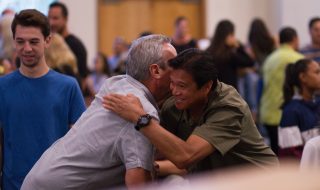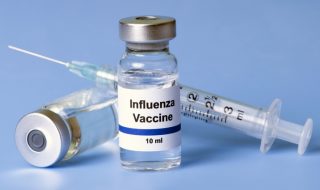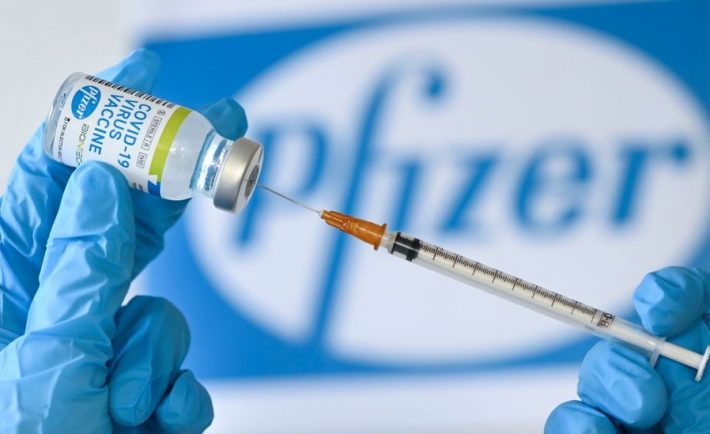
On Dec 14, Prime Minister Lee Hsien Loong announced that the Health Sciences Authority (HSA) had approved the COVID-19 vaccine developed by United States pharmaceutical giant Pfizer and German firm BioNTech. The first shipment was also due to arrive in Singapore by the end of December.
Fast forward to a week after the statement; the long-awaited COVID-19 vaccines arrived yesterday (Dec 21) evening! Transport Minister Ong Ye Kung was there to receive the gift, and the vaccines were later to transported to SATS’ cold-chain facility for storage.
Mr Lee said that relevant task force handling the COVID-19 outbreak would announce details of the roll-out in due time. “It’s been a long and arduous year. I hope that this news will give Singaporeans cheer this festive season, and reason to be optimistic for 2021,” he added.
Returning to ‘normality’ will take time
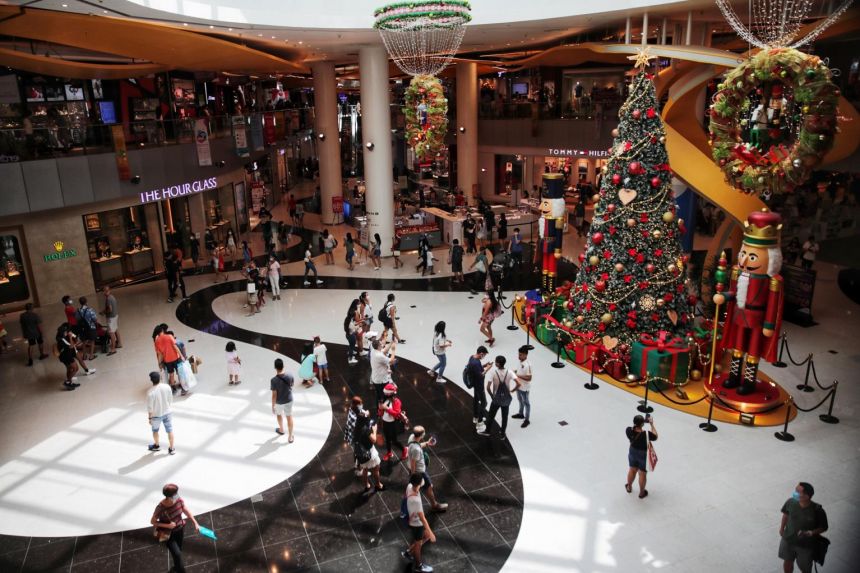
Image Credits: The Straits Times
While we’re one of the first few countries to get COVID-19 vaccines, experts shed light on what this means for ‘normality’. It will most likely take months to return to ‘normality’ as Singapore builds herd immunity with the ongoing study of the effects of the vaccine.
Vice-dean of research at the National University of Singapore (NUS) Associate Professor Alex Cook suspects that the first few groups to receive vaccines will still need to keep to current measures. This includes wearing a mask and keeping to the permitted group size gatherings. This will continue until enough people receive the vaccine to achieve herd immunity.
Singapore possibly to be the last few countries to reach ‘normality’
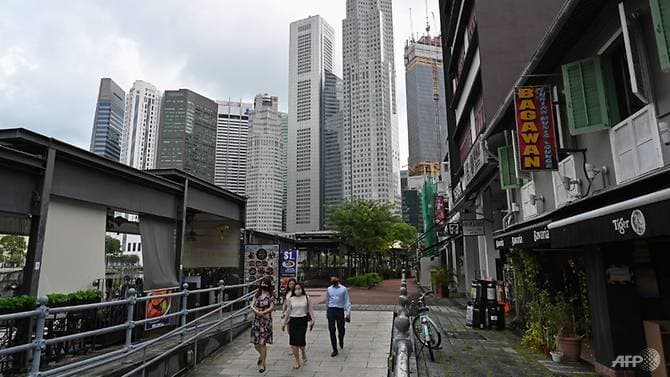
Image Credits: CNA
President of the Asia Pacific Society of Clinical Microbiology and Infection Dr Paul Tambyah states that Singapore is likely to be among the final few countries in Southeast Asia to return to normal. This will also probably be months after the report of the last cases of COVID-19 in the world.
“If, and it is a big if, the vaccine is successfully rolled out all across the world and if it works, there is a good chance that the incidence of the disease may drop dramatically worldwide, and then the WHO (World Health Organization) can declare the pandemic over, and we can slowly get back to normalcy,” he mentioned.
No massive change in restrictions for months
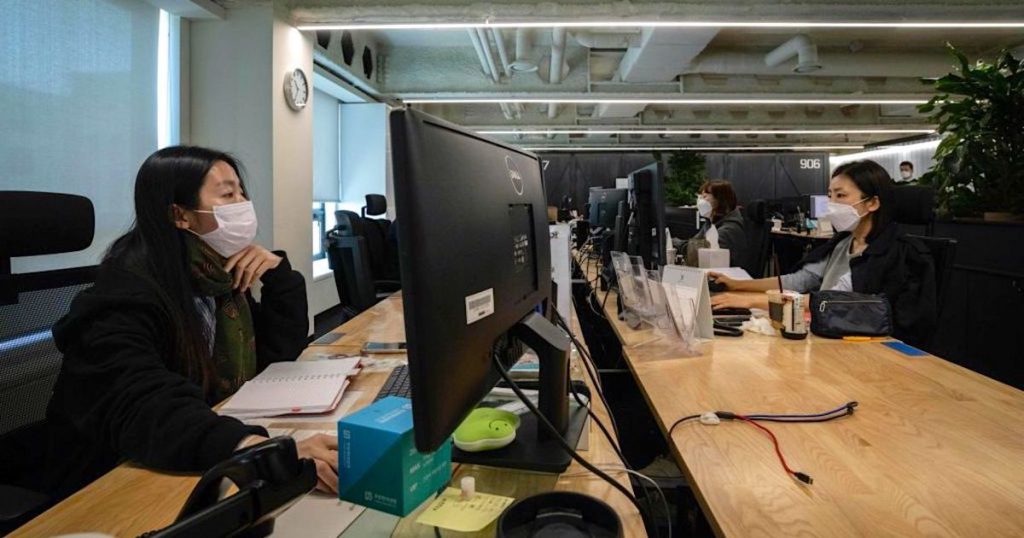
Image Credits: Vulcan Post
Professor Dale Fisher, the senior consultant at NUH and Chair of the WHO Global Outbreak Alert and Response Network, shares that there will be no significant change in restrictions in Singapore for months. But as more receives the vaccines in 2021, and we slowly approach herd immunity, preventative measures may be eased.
More on establishing herd immunity
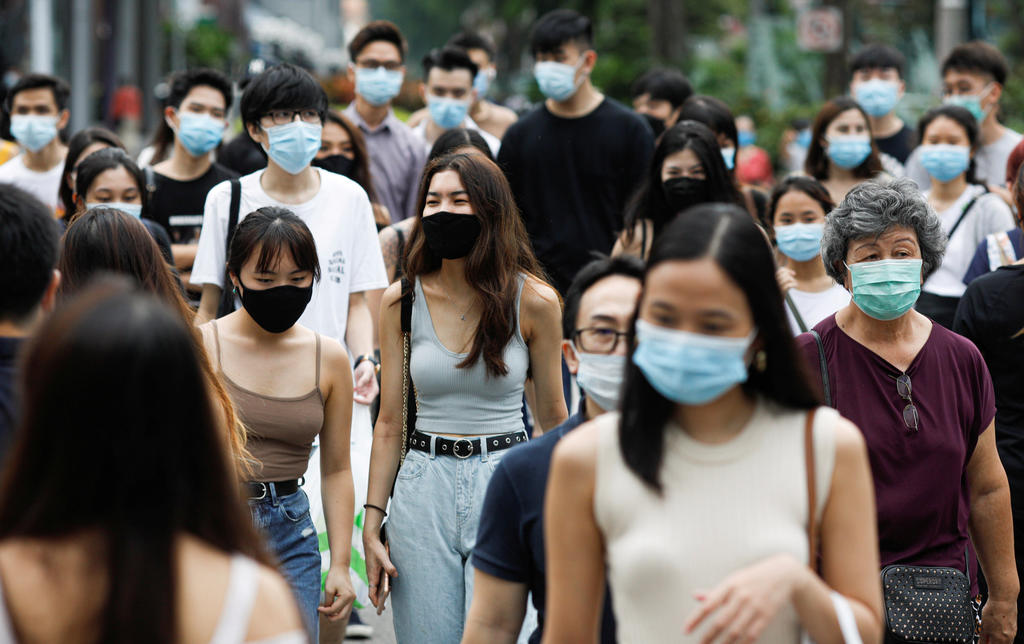
Image Credits: TODAYonline
Assoc Prof Cook remarked that until enough people get the vaccine, we cannot protect our society as a whole. The mollifying of mask-wearing, social distancing, and closed borders can take place only when a critical mass of people receives the vaccine.
Dean of the NUS Saw Swee Hock School of Public Health Teo Yik Ying highlights for us the objective of mass vaccination. The main aim is to achieve herd immunity to protect individuals from an insufficient number of people who remain vulnerable to infection.
“If there are enough people that have been vaccinated, then even if someone is infected, the vast majority of the people that this infected person interacts with will already be vaccinated and not be infected. This is why mass vaccination with an effective and safe vaccine remains a very powerful public health measure to protect against an infectious disease,” he added.
Assoc Prof Cook further explains that in the early stages, only those with the vaccine will be in safe hands. Once enough people have it, they would have direct protection. In turn, those without the vaccine will develop indirect protection because of the others in the population who have the vaccination.
Continuous study of the vaccine still in place
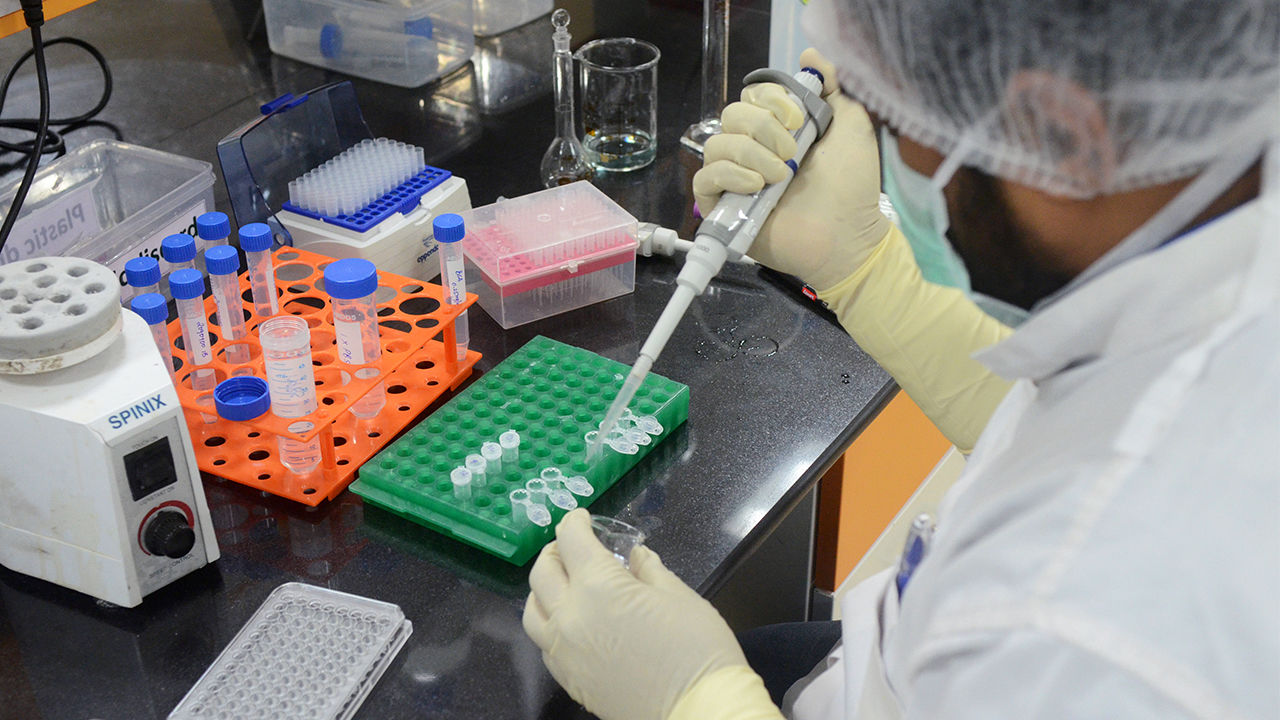
Image Credits: sciencemag.org
Infectious diseases expert Dr Leong Hoe Nam spotlights that experts have yet to identify the immune marker used to measure sufficient protection from COVID-19. “We aren’t sure if the immunity conferred by the vaccine is long-lasting and permanent,” he noted.
Experts also shared that though there is evidence that that the vaccine can prevent disease, more study is required to find out if the vaccine has protection against the transmission from the person who is vaccinated to another person.
According to Prof Teo, what we know for sure is that people who have the vaccine will unlikely showcase symptoms of COVID-19 infection, including severe complications. He also adds that Singapore will be performing post-vaccination monitoring. This will allow the authorities to modify measures according to the extent of protection the vaccination offers.
Prof Fisher also brings to light some concerns on whether the vaccines can prevent transmission from asymptomatic cases. There are also remaining questions on its effects on the elderly and immune-suppressed. At this point, more study is necessary.
With that said, we are aware that the vaccine works at least in the short term. “There is really no reason to not take the vaccine with our current knowledge,” he commented.


